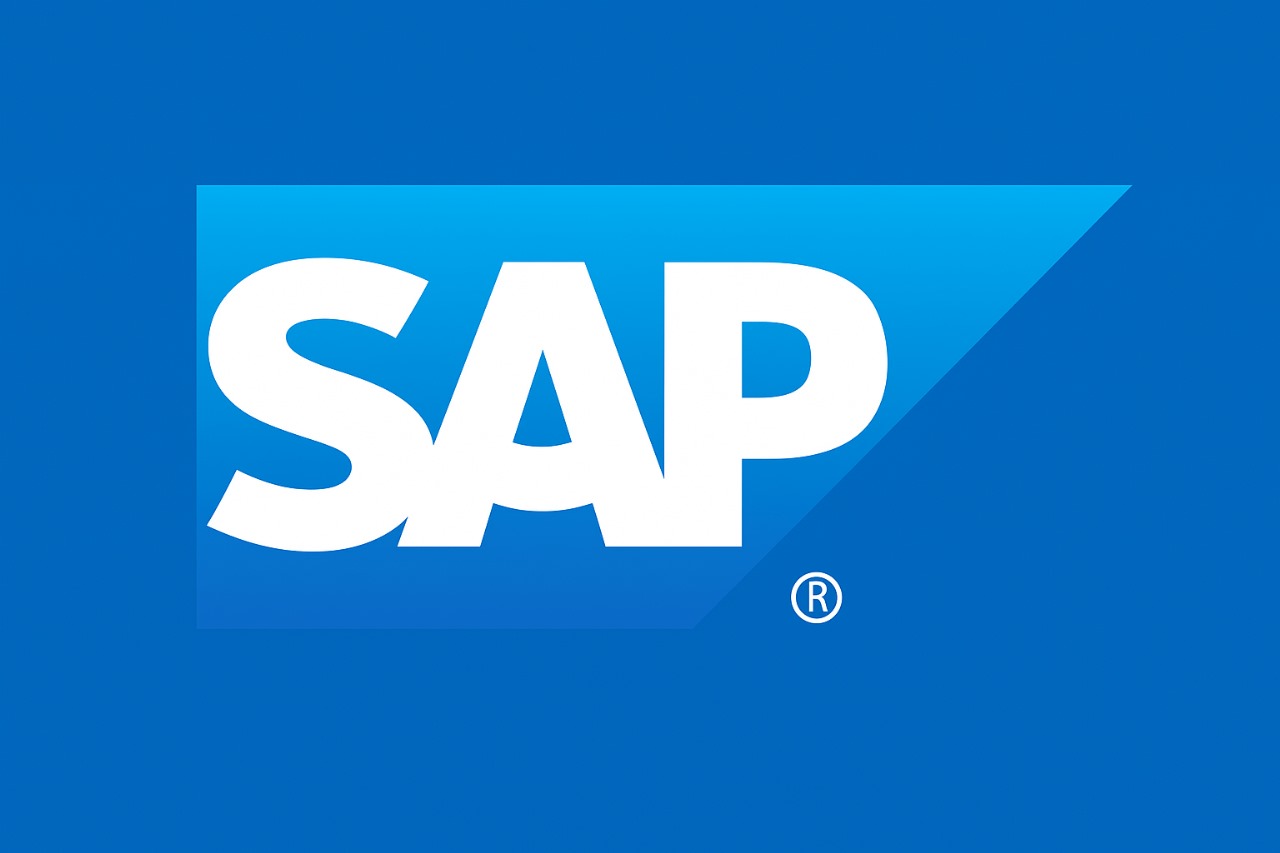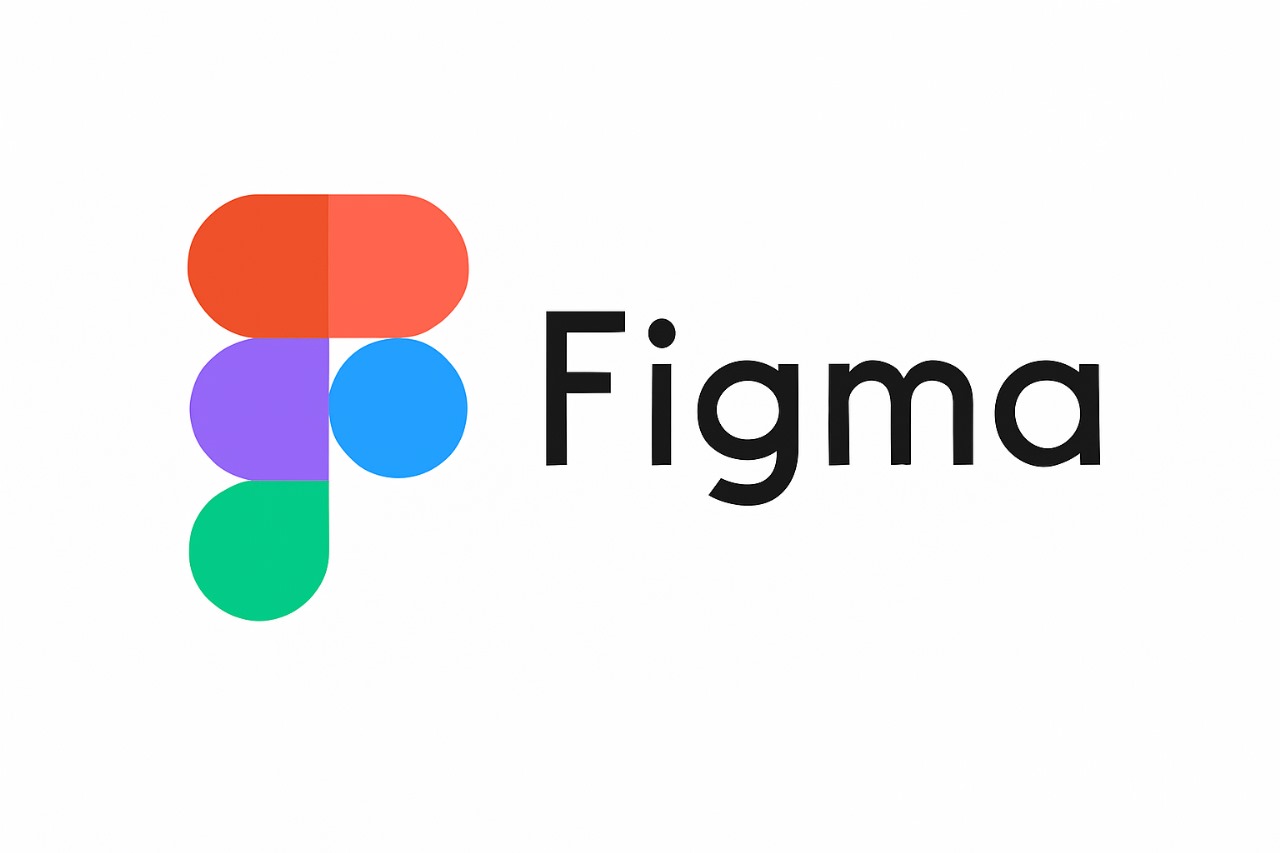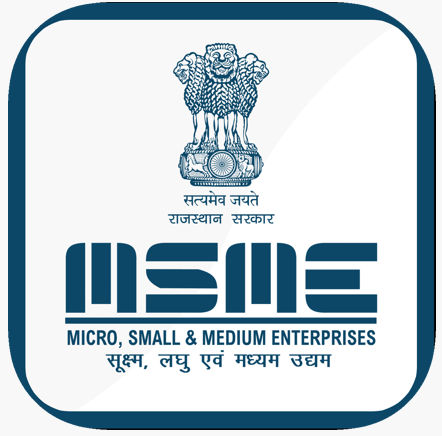PHP Internship
🎓 What Is a PHP Internship?
A PHP internship gives you hands-on experience building dynamic, database-backed websites using PHP. These can range from short-term (1–2 weeks) training to longer-term (1–6 months) internships, often including live mini‑projects and web app features. Real work exposure can include frameworks like CodeIgniter or Laravel
✅ Typical Duration & Structure
Short-term (1–10 days):
- Introductory bootcamps covering 40–70 basic concepts, some mini-projects
Weekly internships (1–15 days):
- More extensive programs with in-depth skills, mini-projects, and assessments—often leading to certification or even job offers for top performers.
Duration scaled based on days:
- Daily sessions, weekly topics, and final project presentations with certificates typically included.
🧠 Core Topics & Learning Outcomes
1. PHP & Web Fundamentals
- PHP syntax, variables, data types, control structures (if, loops)
- Arrays, functions, string handling, sessions, file handling, error management
2. Working with MySQL
- CRUD operations (Create, Read, Update, Delete) using mysqli or PDO
- Database design, normalization, form validation, sanitation, and basic security (SQL injection prevention)
3. MVC & Framework Basics
- Introduction to MVC architecture and using frameworks like CodeIgniter, Laravel, or Symfony
- Routing, models/views/controllers, helpers, libraries, and Composer dependency management
4. Frontend & API Integration
- HTML, CSS, JavaScript, AJAX basics (e.g., using Bootstrap, jQuery)
- Integrating with third‑party APIs (e.g., payment gateways, social login)
5. Version Control & Best Practices
- Git/GitHub fundamentals, code structuring, commenting, and coding standards
- Debugging tools and error handling practices
6. Soft Skills & Professional Habits
- Communication, teamwork, documentation, agile collaboration
- Problem-solving approach, asking clarifying questions, adaptability
🧪 Example Responsibilities & Tasks
- Build CRUD applications: e.g., student record systems with PHP + MySQL (CodeIgniter or plain PHP)
- Debug/refactor existing PHP code to optimize performance, improve error handling, and enhance code readability
- Feature development: like shopping carts, notification modules, or simple APIs using OOP PHP
- Review and collaborate via version control and code feedback in real projects
🧰 Week-by-Week Example for a 2–3 Month Internship
Week 1–2: Basics
- Syntax, control structures, functions, arrays, handling forms, sessions
Week 3: Database Work
- Creating a MySQL schema, integrating PHP with DB using mysqli or PDO
Week 4–5: CRUD Project
- Build a small web app with full CRUD features, Bootstrap UI
Week 6: OOP & MVC
- Refactor code to use OOP and MVC; optionally move into a framework
Week 7: Framework Project
- Start a CodeIgniter or Laravel mini-app (e.g., blog, e-commerce CRUD)
Week 8: Debug & Enhance
- Debug features, write better error handling, optimize queries
Week 9–10: Feature Integration
- Add a dynamic feature: e.g., shopping cart or notification system using OOP PHP
Final Week: Wrap-up & Presentation
- Prepare documentation, README, session with mentors, deliver code review, and receive certificates.
________________________________________________________________________________________________________________________________________________________________






